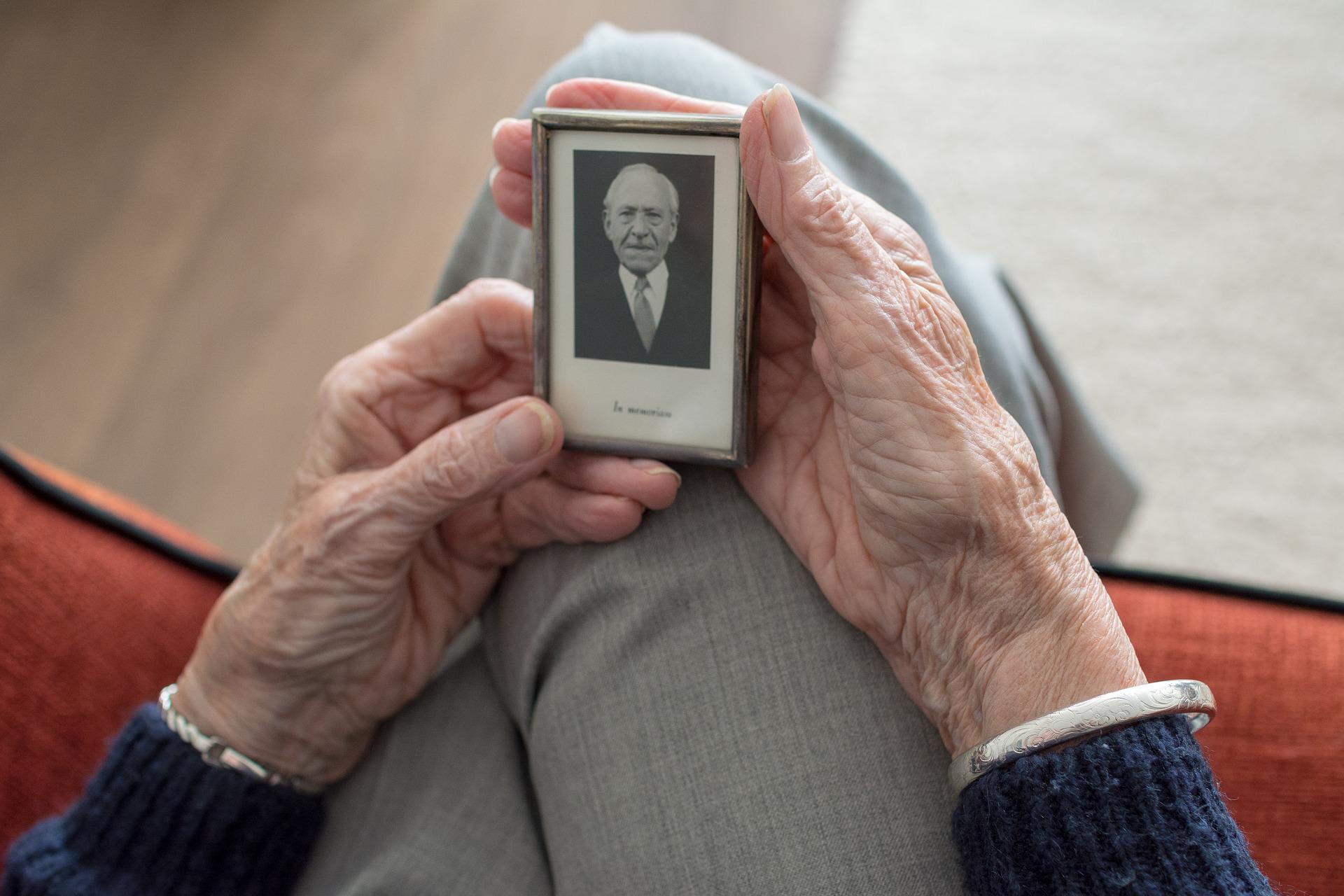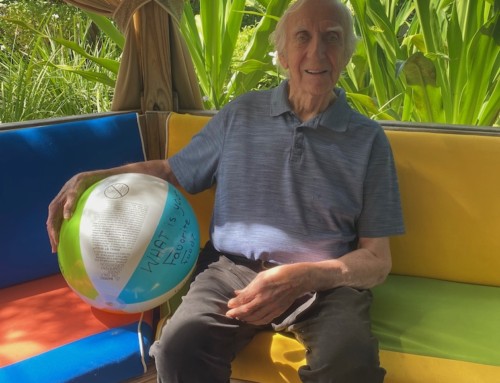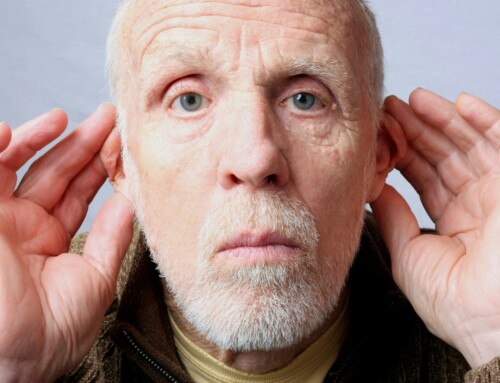As a person ages, changes in their personality may begin to manifest. Your loving mother may begin to have angry outbursts. Your father may exhibit impatience and frustration, characteristics he never had before. Your best friend may begin to find fault with everything you do. These changes are often a symptom of early-stage dementia but may also be aggressive reactions to being in constant physical discomfort or losing their sense of independence. While these behaviors can be challenging and upsetting, there is some good news. These are responsive behaviors; or behavioral reactions to certain triggers in the patient’s environment. A caregiver can often manage a responsive behavior by identifying the trigger and either eliminating or minimizing it. (Read more about common responsive behavior triggers in this post.)
While you may think your loved ones’ emotional outbursts are irrational, they are simply trying to process and cope with whatever is upsetting them. Especially in the case of dementia, they are often not even aware that they are acting inappropriately, and all they understand is that they are disoriented, scared, or confused.
Therapeutic Approaches to Responsive Behavior
Sometimes, it is impossible to identify or remove your loved one’s trigger. If the doctor cannot find a biological or medical reason for the outbursts, the best solution is to help your loved one achieve a more soothing environment and serene mindset. Here are some tips that have proven effective:
- Make physical activity a routine: Exercise is an excellent option for you and your senior loved one because it can help both of you to alleviate stress and ease anxiety. Exercise can also fight boredom, which is both mentally and physically detrimental to seniors. Of course, the overall health benefit of exercise for people of any age is well-documented – it strengthens the heart, lungs, bones, and immune system. You don’t have to add a huge dose of exercise to reap the benefits, as even a short walk every day will significantly impact health and mood. Be sure to check with their physician before incorporating any new activity into their daily physical routine.
- Encourage social interaction and engagement: People of all ages fare better when they have strong relationships and a support network of family and friends. This is especially true for seniors who may have lost people close to them and may feel useless and irrelevant to the world around them. Whether one-on-one or in a group setting, spending time with others can do wonders for a person’s overall mindset. If your loved one doesn’t have a local network to interact with, you can help them seek out volunteer organizations, clubs, or associations they may enjoy. If they live in an assisted living residence, speak with administrators about the programs and services available to them.
- Encourage them to stay busy: Apathy and complacency are often indicative of a senior descending into dementia or losing their desire to participate in life. Sitting alone in the same chair day after day can be disheartening and cause negative emotions to fester. Look for ways that your elderly loved one can keep busy and feel useful – from watering the plants to feeding the fish, from organizing your desk to sorting the mail. Get creative and assign them those tasks you never seem to get around to – they will feel needed and validated in the process.
- Integrate music or art therapy: You’ve no doubt heard the phrase “music soothes the savage beast.” While you would never describe your loved one that way, there is truth to the adage. Music can calm and relax even the most agitated among us. In fact, music therapy programs have proven to help fight against the negative effects of dementia. Add music to their day, especially when facing the reality of an unavoidable trigger, like taking a bath or changing their clothes. Similarly, art can help your loved ones to discover new ways to express themselves and alleviate the frustration they often feel about being misunderstood.
- Consider a pet companion: Both cats and dogs can be trained as companions to seniors living with dementia. Research proves that these animals’ presence, comfort, and unconditional love seem to significantly reduce the responsive behavior, especially in dementia patients. If your loved one still can care for a pet, or if they live with you, this is a loving option.
The most important thing to remember is that these reactions are not aggressive or aimed at you – they are simply reactions to the confusing or unfamiliar world your loved one is attempting to navigate. If you need help, do not hesitate to call A Banyan Residence to discuss respite care, assisted living or memory care in The Villages. We are here to help.







